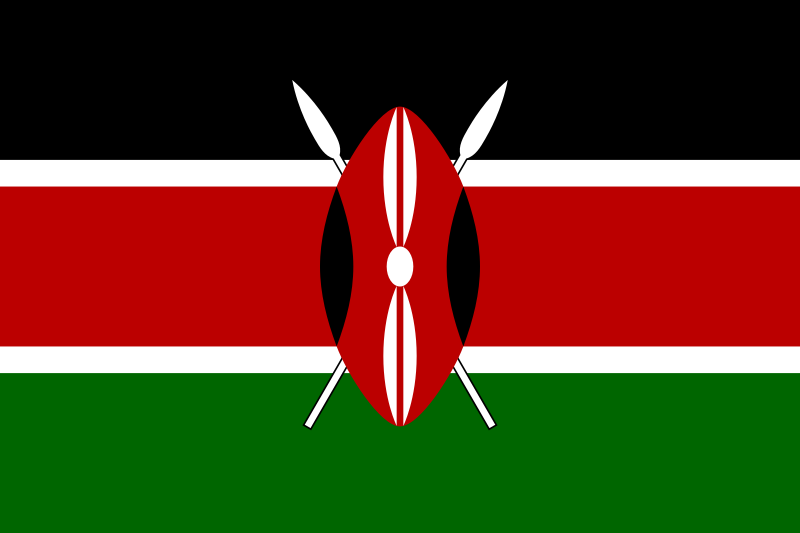After a successful capacity assessment conducted by experts from various international health bodies such as World Health Organization (WHO), African Union (AU), US CDC and China CDC, Kenya has been selected to host the Eastern Africa Regional Collaborating Center of the Africa Centers for Disease Control (CDC). This was disclosed by the Health Ministry in a statement earlier this month.
According to the statement, the Africa CDC intends to use this center to monitor and address public health issues in the region as well as to monitor the response to and handling of emergencies and outbreaks within the region.
Kenya is said to have earned hosting rights because of the strength of it's disease surveillance systems and how it was engaged in sending health experts to Liberia and Sierra-Leone during the Ebola epidemic.
There will be a formal endorsement of Kenya to function in her new capacity by the Heads of state during the African Union (AU) summit. Other regional collaborating centers of Africa CDC are: Egypt, Gabon, Nigeria and Zambia.
Also included in the statement was the fact that, “The award is expected to strengthen the country’s health systems by enhancing disease surveillance capacity in terms of infrastructure and human resources, disease outbreak alert systems as well as improve laboratory capacity.”
This is a positive and commendable development and the health sector of Kenya is sure to experience a boost as a result of this.
Written By: Ozioma Paul
Written By: Ozioma Paul


